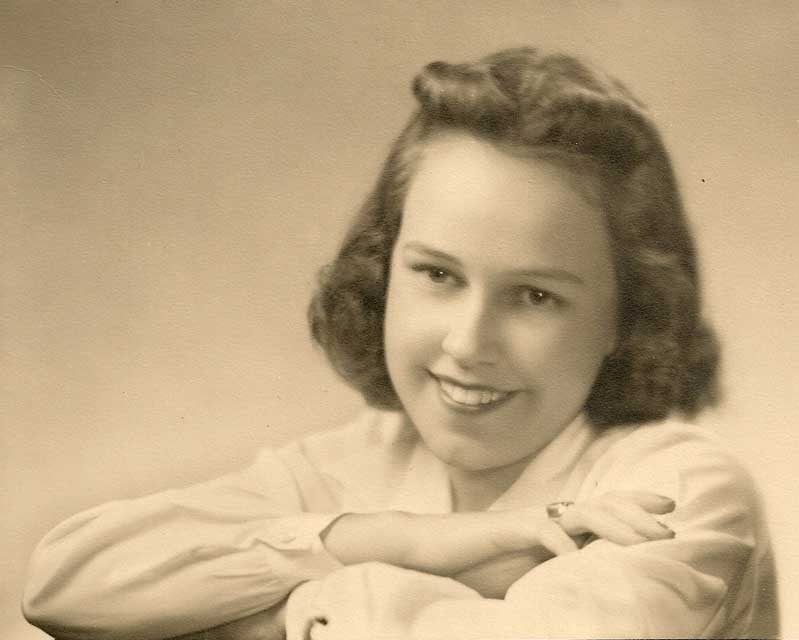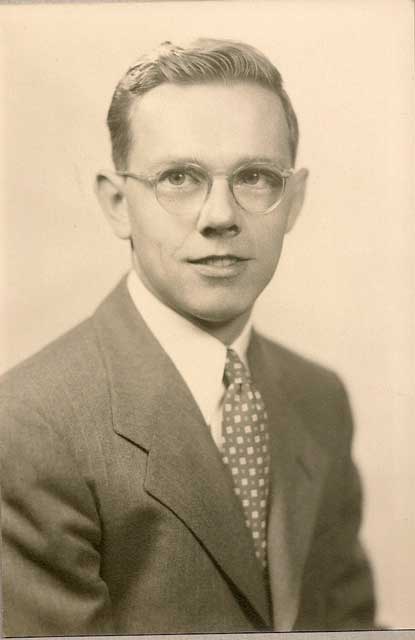

© 2021 Patricia Jean Patten Evans
All rights reserved
 |
Dutchie Darling . . . Love, Bob |
 |
| A Love Story © 2021 Patricia Jean Patten Evans All rights reserved |
| Bob's last letter on Nov 29, 1945 doesn't say anything about coming home. However, according to his discharge papers, he left the European Theater Operations on Jan. 27, 1946, landing in the US on Feb. 7, 1946. In Patty's baby book, Jean writes that Patty spent her first night in her own room on Jan 26, 1946, so I assume that Jean knew Bob on his way home.
As he was preparing for final discharge, the ganglion on his left hand had returned. He knew that they wouldn't discharge him, if the cyst needed more surgery. So he put his hand flat on the desk, took his combat boot, and hit his hand as hard as he could to break the cyst. It worked, he got discharged, and the cyst never came back.
By Fall of 1946, Bob was back at Tufts as a full time student. He, Jean and Patty lived on campus at Stearn's Village. Stearn's Village was made up of 12 barracks like two story buildings and housed 80 married veterans, many with children. The buildings had been originally erected in East Hartford, Conn. to house war workers at the Pratt and Whitney plant. When they were declared surplus property, Tufts, working with the Federal Public Housing Authority, quickly acquired the units and moved them to Medford. The rent for their two bedroom apartment was $30.75, which made it affordable on Bob's GI stipend of $90, plus a token addition for Jean and Patty. To make ends meet, Jean made pecan sticky buns from scratch and sold them in the Village. Bob worked nights at the post office, sorting mail. Bob finished his BS in Physics at Tufts and graduated with honors in 1948. In February of that year, Bob and Jean welcomed their second, and last, child, Dorothy Lois Patten (Feb. 5, 1948). Bob did stay on at Tufts for an extra year to do graduate work in Physics. After college and working for a few years, in November of 1952, Bob and Jean moved the family to Trenton NJ, where Bob went to work for his dad, as VP and Factory Manager at the Pattern Machine and Foundry. They stayed in Trenton for six years and then Bob moved on to spend the remainder of his career in sales or managing foundries. Bob lived out many of his dreams. He got the house with the stone fireplace and sunken den, he got his leather chair with wide arms, and he got to be part of his daughter's lives. In their 50's, Bob was able to take Jean to the British Isles and Europe to show her many of the places he visited during the war. He remained an avid reader all of his life. Bob and Jean's love affair lasted until his last breath. They were devoted to each other and Bob remained the romantic all his life. He always bought and wrapped his own Christmas gifts for Jean and the girls. He would do anything he could to make sure he was home with Jean on her birthday and their anniversary. As he lay dying, Jean crawled into the bed with him, and holding him, she sang Lili Marlene, his favorite song from WWII. Unfortunately, Bob kept his smoking habit all of his life as well and brain cancer, from an undiagnosed lung cancer, claimed his life on September 2, 1987, one day before his 65th birthday and retirement. An eloquent writer, Bob was actually a man of few words. He was never able to express his feelings and emotions verbally. And he never talked about the war years at all to anyone, except perhaps, Jean. |